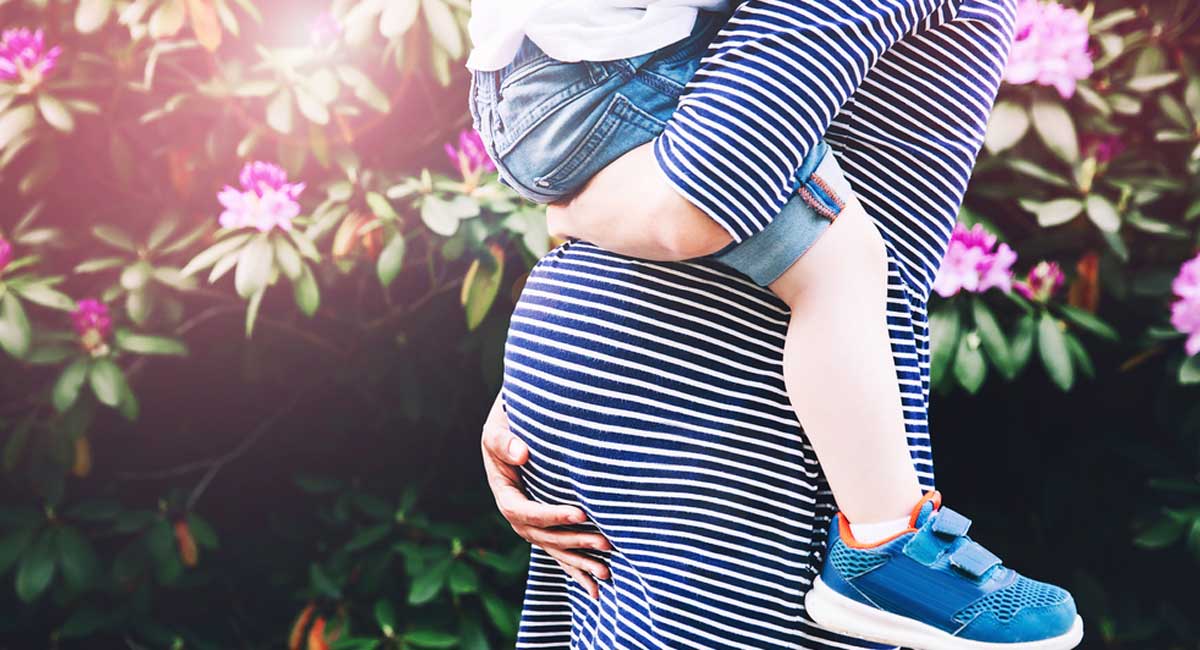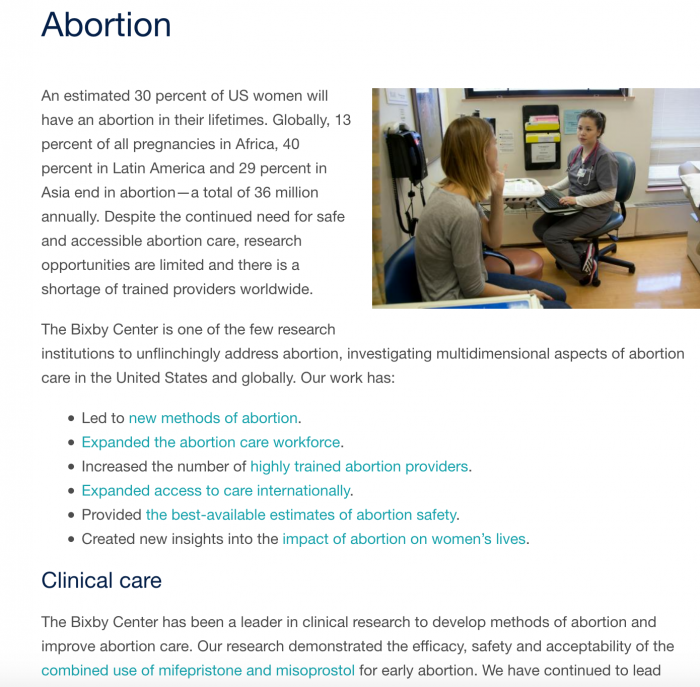A pro-abortion researcher affiliated with a medical school known for its abortion training has co-authored a study that claims the already-born children of women who are denied abortions are hindered. The Los Angeles Times reported recently:
“The research here is clear,” said Diana Greene Foster, a demographer at the University of California San Francisco who led the work. “Restricting abortion access doesn’t just harm women. It harms their children as well.”
However, upon closer examination, it appears both the Times and Foster have drawn conclusions not conclusively supported by the research itself. The study itself is called the Turnaway Study, and was a 5-year, longitudinal telephone-interview study, with 956 women interviewed in the baseline study. Ultimately, however, the article reports:
Overall, 956 women seeking abortions completed baseline interviews between January 2008 and December 2010. At the time of seeking abortion, 603 (63%) women reported at least one living existing child, and 449 were younger than age 5 years. Among the 210 mothers in the Turnaway group who were interviewed, 44 (21%) received an abortion elsewhere. The final sample of observations of existing children in this analysis includes 1944 semiannual data points for 348 children. This includes 293 children of mothers in the Abortion group (180 from the Near-Limit group, 14 from women who were initially denied an abortion but received one elsewhere, and 99 from First-Trimesters) and 55 children of mothers in the Turnaway group.
But 956 women is a relatively small sample size. According to the CDC, at the times of recruitment of this study, 2008, 2010, the abortion rate was as follows: In 2008: 825,564 women had abortions. In 2009, that number fell to 784,507, and in 2010, the number of women who had abortions was 765,651. Thus, a mere 348 children, only 55 of whom are the ones affected by the mother not being able to get an abortion, can hardly be generalized to the population. This is actually something the authors admit in the study, though the Times story omits it. The authors say, “This study has several limitations. The sample size of existing children at time of abortion-seeking is small in this study and did not allow us to examine how outcomes varied over time.”
READ: Abortion industry’s own study predictably claims abortion laws not needed
They also admit further limitations (emphasis added):
We only collected data on the youngest existing child, which limits our ability to detect effects on other children in the family. We may not have been sufficiently powered to detect differences in all the outcomes we measured. Further, we test many outcomes within 4 domains—socioeconomic, development, health, and caregiving—raising the possibility of a type I error. However, the consistency of findings within the socioeconomic and development domains are reassuring. Our measure of child development, the PEDS:DM, is primarily used as a screening tool in clinic settings, rather than in research, and we do not know whether the small measured differences in development are good indicators of these children’s long-term well-being.
The apparent differences in subjective poverty at the baseline interview may be due to the fact that the first interview took place 1 week after the woman learned that she was going to have a/another child, so she may have had a heightened sense of inadequate income. Yet, given the small number of children under study, our significant findings on child development and poverty are particularly striking. Future study should include all existing children and follow more women to examine whether the results vary by age of the existing child or are concentrated in specific ages.
A Type I error, noted by the authors, is more commonly known as a false positive, indicating that the data they conclude may or may not be accurate.
But that didn’t stop Foster from dramatizing her take on the apparent problem of being denied an abortion. She told the Times, “It is expensive to have a new baby. And it takes you out of the workforce for a period of time. All of a sudden, a family has less money to take care of more people.”
While Foster’s comment might be true on some level, it does not lead to the logical conclusion that being denied an abortion can hurt the children in the home. There are simply too many factors that come into play, and that’s the concern with this study. Foster asserts, “Finding any significant difference is surprising. It shows that whether or not a woman got an abortion actually affects her child’s development.”
But it doesn’t. Consider the study’s conclusions on the women (emphasis added):
Women from this study who were denied abortions were more likely to live in poverty, to raise children alone, to stay tethered to an abusive partner, and were less likely to have and achieve aspirational plans for the future, compared with women who obtained the wanted abortion. These factors may affect the home environment and resources available to children in the family and therefore may affect the well-being of existing children in the home.
They may, and they may not, and implying causation is bad science. With such a small number of women, a number of factors could account for these problems. They don’t account for the woman’s mental health history, relational history, or other factors that likely existed before the women came to decide they wanted abortions. Many of these situations could be said to impact existing children whether or not the mother became pregnant with another child. This piece is a classic example of authors trying to make correlation equal causation, which is one of the main errors people make in research; this basic math tutorial explains how this happens.
In their discussion, the authors say (emphasis added):
We found slightly lower child development scores and poorer socioeconomic well-being for the existing children of women denied abortions compared with children whose mothers received an abortion. These 2 major findings may be linked. Diminished resources may lead to slowed development…. A mother who is stressed may invest less in her children, emotionally and financially. That existing children of women denied abortion were more likely to live in poorer households is commensurate with previous research from this same study on the effects of abortion denial on women.
READ: Flawed, biased Turnaway study now claims 95% of women happy after abortion
Their limiting words show that they actually are unsure of any of these purported findings, and even the parallels they find are from the same study. But this shouldn’t be surprising, given the pro-abortion connections of the researchers.
Foster, as well as four of the five of the study’s authors, is part of the Bixby Center at the University of California at San Francisco — which “unflinchingly” supports abortion. The Turnaway study certainly supports the agenda of the center, which touts that its research that has even led to “new methods of abortion.”
Thus, the conclusions the authors draw a from their research is wholly unsurprising, despite the fact that the research of 956 women, via telephone interview, doesn’t show causation from the correlation. Still, the authors conclude:
Denying women a wanted abortion may have negative developmental and socioeconomic consequences for their existing children.
But the conclusion is just not that simple. It appears these researchers have extrapolated data from these interviews with a bent toward finding correlation so they can claim causation. And the study fails to do that.








